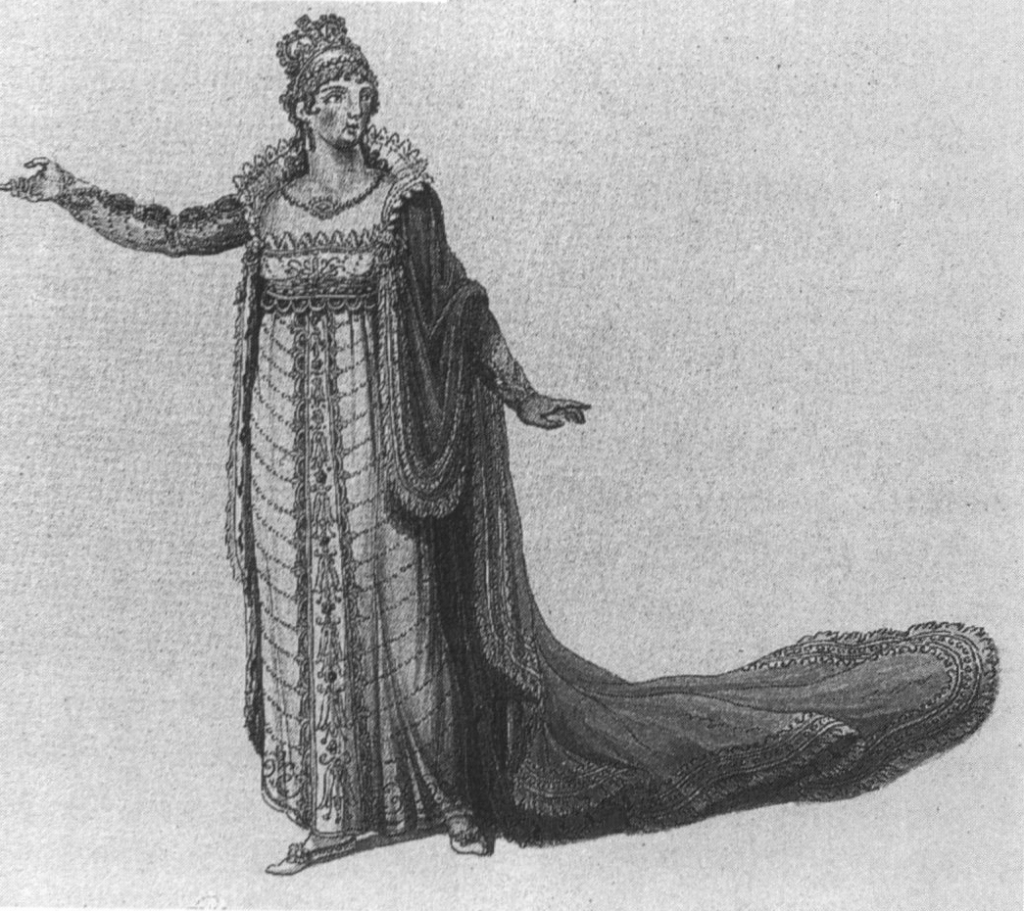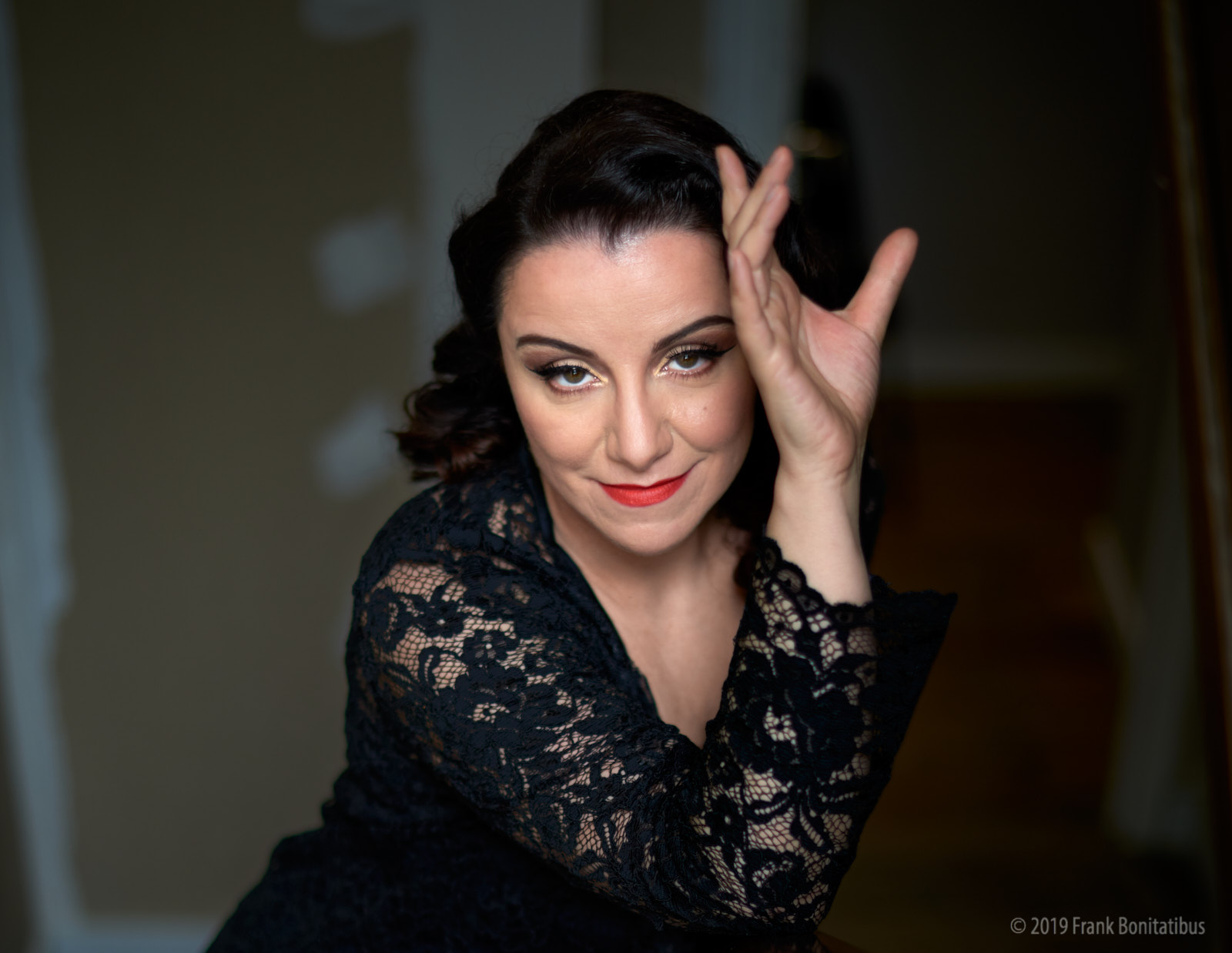Singing Opera from Pandemic and onwards.
Not just an Anglicism, but a well-known recording or cinematographic technique used to end a piece or a sequence (even when there are no alternative solutions for the conclusion), gradually reducing it to silence; dissolvenza in Italian.
We might metaphorically bring it closer to the encouraging data that arrive, albeit still with dangerous curves, irrational behaviour and related consequences, as a not far end of the world pandemic and all that it has entailed.
I trust historians when they tell us about the profound changes that transform society and system following every great disaster that has befallen humanity. And I like to think that this can happen in the working environment that I know best, that of Music, and in particular of Opera, understood as a profession (not careerism), trying to think forward on what can and must be improved, perhaps starting, from committing ourselves to overcoming some rooted prejudice and trying to fill some contractual lacunae.
The closed theatres have been able to count – where foreseen and in different ways and measures – on financial support through public funds, and certainly on a consortium of artists committed to defending musical and cultural institutions. Unfortunately, most of us artists, freelancers, while contributing to their reputation with our work and projects, cannot say that we have been able to count on the same “attention”.
It still hurts.
And it leads to reflections on what “open theatres” could mean in the future, on what should be reformed, without further procrastinating, of that system that risks making itself implode, and at very high cost, in economic and above all human terms.
In the world of musicians, the Opera Singer still suffers from a negative perception, in terms of culture and competence, which has historically weighed on the category. The facts say so.
For those who have not noticed, things have changed, and a lot, with a particular acceleration in the last thirty years. Who knows, perhaps by dint of hearing it said, singers began studying: numerous those who, in addition to knowing how to sing technically and having knowledge of practice and interpretation, have obtained a diploma, or deepened their knowledge of another instrument; to these are added those who boast, among others, a degree in musicological disciplines (and they are many).
There is a practice that sees me directly involved, despite my wish, and that sounds like a stereotype, perhaps prejudice: for vocal repertoire, and not just Opera, conceived for a particular language other than Italian, only certain artists are hired but EXCLUDING Italian singers. On the contrary, for the Italian repertoire, ANYONE can be hired (native speakers fewer and fewer), despite often inaccurate or unintelligible results.
On a closer analysis, this could be considered a great success of the Italian Opera, even as an opportunity not only for culture and dissemination but – to put it in fashionable terms – of great inclusion.
Unfortunately, it works and converges almost exclusively in one direction: why does an Italian baritone not have access to the part of Wolfram from the Wagnerian Tannhäuser, and an American or Russian colleague, as well as German, of course, yes? And why for the role of Amneris singers are hired only based on vocal weight? Was Fiorenza Cossotto the last Italian interpreter of reference on this role?
Is it possible that one does not think that those born with Dante’s language, at the gates of 2022, will not be able to study an Opera in another language and bring with their personality, charisma and intelligence something not said about a particular title?
Yet that tolerance, and, in fact, the affection and sympathy that arouse in expressing oneself in another language, including actors and TV protagonists, could lead to new reflections.
I believe that it is legitimate to think that the individual professional, regardless of its origin, if her / he does not feel to suit a title and commitment, also, in light of the reasons just mentioned, can autonomously decline that particular invitation.
Why decide a priori? Who dictates this non-principle?
The growth and broadening of horizons also pass through this.
Undisturbed vocal types and (detestable) “factory brands” of the past century survive, namely the Verdi and Wagnerian singer (as if Oscar of Il Ballo in maschera cannot be considered such, just to cite an example) or the Rossinian and Baroque singer (who sings Basilio manages to be hired for other repertoires, but not the Rosinas, just to name another).
Some considered major (and better paid) than the others considered minor (and paid much less).
But on what basis?
Is the vocal and artistic commitment of the individual possibly lower in terms of study, memorising, acting, psychological involvement, duration of the Opera, based on the score?
Do hotels, travels, accountants and all that is life and economy around the profession of being a singer cost less according to the repertoire?
Then there is the theme of verisimilitude, brought up when it is convenient but which, with the burning contemporaneity, no longer agrees that much. How often do we hear we are not “right” for this or that role, based on physical features (too fat, too short, beautiful / ugly, etc.), age (too young, too old), character (sympathetic / unpleasant) and even gender: I recall here that most of the en travesti roles, including many Handelians and Rossinians, were conceived for female voices and bodies (therefore, not only castrati) in unsuspecting times, such as to say that the Opera is even more contemporary than we want to believe.
If Opera is us and it represents us, there must be room for all human types; if it is a gender revolution, well, let it be, but all-round.
Despite the facts mentioned above, if a Singer remains “silent” and agrees, it is better. I try to point out some examples.
In Opera Houses, Concert Halls (increasingly oversized) and with symphonic orchestras with their season, and excluding Contemporary Music for a moment, repertoire we perform today has been composed one, two or three centuries ago (with all the practical and instrumental issues of that time) but with a pitch pretty high for the human vocal cords and which, I would like to point out, are still the same vocal cords since the advent of homo sapiens (therefore no bigger or more powerful) and standardised around 442Hz (and in continued ascent).
Established by whom, it is not clear, one thing is for certain: compared to the past, singers (mostly called today to perform complete works as well as for directorial projects unthinkable even just 50 years ago) are not asked what they think about and, for this reason, accept orchestras sizes – most of the time salaried and safeguarded – disproportionate to the voice of that one who is performing on that scene, and which increasingly constitute an impassable wall of sound.
Fortunately, it did not happen to me, but how many singers, at their expense, have undergone surgeries on the vocal cords, having to keep them silent, as it was for their blemish, for fear of no longer being considered suitable and marginalised by the business?
For those wishing to learn more: from Palazzo Fortuny top floors, in Venice (and which is always worth a visit), the plan of what was once the Teatro San Benedetto where the first performance of Rossini’s L’Italiana in Algeri took place in 1813 (now a supermarket), is still recognisable to get an idea of the real dimensions of that space.
I also remember, here, a recent case that made quite a noise in 2016, that of the violist Chris Goldscheider who filed a lawsuit against the Royal Opera House in London for excess decibels and consequent irreversible damage to hearing during a production of the Wagnerian Walküre.

When we sign a contract, it is not given to know who / what we will be asked to do / wear / impersonate (often disappearing in the ghost that lends its voice to very cumbersome video projections), in the same way, we are not involved in purely musical matters and which also concern us: the intervals or groupings between acts, probable cuts, the mentioned pitch, movements of musical parts according to a rewritten dramaturgy, are just an example.
Mere performers, dichotomously silent.
Fearsome contracts in which that given institution seems to protect itself “against” the artist that will be hired, and in which unfortunately the force majeure is still signed today and to which the “pandemic” item has been added, diversified. We, artists, in case of disaster, are not covered, if not minimally and at the discretion of the institution, the city, the country in which that contract would take place.
Exactly how it is happening.
Within the signed and countersigned rules, our contracts still contain the obsolete rule of protest – a sort of own-goal by those who hire? – according to which one can be sent home. Yes, sent home and for questionable reasons, advanced during the production, and, in any case, unidirectional, when it is not a rare occurrence in which one must deal with conductors or directors (who may use the “protest”), who are inadequate or unprepared.
All this despite having blocked a period to the exclusion of other potential work, invested in preparation, anticipated expenses to carry out that engagement.
In these same contracts, unfortunately, and it would be better to make amends, there is no mention of rules to protect bullying and mortifying behaviour, which are not uncommon and to the detriment of the artist (experienced first-hand and regularly silenced).
What if one gets sick …? It is easy to imagine that everything is done to prevent it because otherwise one loses their contract, compensation and sometimes even reliability.
Never as in the course of the pandemic we learned how fundamental and necessary the contribution of culture is for survival. Streaming helped also to generate revenues, yet rights on image and recordings remain the dominion of the producers and mostly excluding the individuals that are protagonists of those contents.
In some Opera Houses there is the possibility of becoming part of the permanent ensemble, with types of contracts that vary in duration and commitment. At least, this category of singers had the opportunity to receive financial support during the pandemic, precisely because they were salaried. And here again, a brief reflection: joining an ensemble is a possibility, an individual choice. A famous example above all, Isabella Colbran, in 1811 signed a contract as a “resident” singer, as prima donna (therefore parts of first responsibility) at the Teatro San Carlo in Naples, where she held this function until about 1822, and at that time, such an engagement was THE news.
Today, the Opera singer who stipulates this type of contract goes practically unnoticed (not the same for other acclaimed positions within the organisation of an Opera House), despite the clear contribution to the success of an Opera House’s season and the straining vocal engagement.

A well-known website consulted by professionals, mentions the existence of about 110,000 artists (including conductors, directors, costume designers, singers, baroque and independent orchestras) in business, yet we have the perception that very few are hired, with a result of being over-booked (hence also the many cancellations), and super-paid. Although it is common to hear “there are too many singers”, the doubt that could arise is that ideas are “too few”.
Perhaps it would be time to consider the expansion of skills in the artistic department of an Opera House, thinking about an ensemble work rather than just a “vertical” system, conceiving professional singers also as consultants in the working group. It could be an enrichment within the management of an Opera House, where, in addition to the numerous and well-known activities … it is the place of singing!
There is a lack of regulations that protect the profession, in terms of eluded, neglected, forgotten points of view, in support of female singers. A couple of examples: those who want to have children have to deal with contracts (if there are enough) to be able to afford it since the laws protecting working mothers are conceived for those who have a full-time position. The consequence is that… we get by.
The aforementioned age, another heavy discrimination: there is nothing to do, but singers, especially female singers, at a certain point are given an expiration date.
Cases of longevity are very rare: the late mourned Edita Gruberova was an example of this, and yet, I do not forget during her last years of activity, acid criticism in this sense.
What should a soprano do who feels “still” in excellent vocal health or who wants to continue working, or simply needs it, with an achieved professional and musical experience, who comes up with the bad idea of turning 45 and which would be 20 years from the age of retirement, calibrated on other job profiles: throw herself out of the window?
Ending a professional activity should be a choice, not an expulsion.
It concerns us all, of course, but above all, it concerns men, given that in the face of some hint of change, most of those who make decisions at the head of musical institutions – from training to Opera Houses passing through representative agencies – are them.
Matters also of mentality. Musicology and, therefore, Academy, for example, is trying, through a renewal of its positions as observers of the History of Music and performance, effectively approach current musical practice. Opera “system”, on the other hand, struggles to update itself internally, approaching the risk that the Music-business has become just another opportunity to manage power tout court to the detriment of cultural and musical proposals, and consequently of those who are called upon to carry them out.
It is time for content, not just numbers.
Fade in: ascribing Music to a “public good”, meanwhile at a European level, given the high concentration of activities on this continent, would finally allow the birth of new regulations in the sector, adapted to the contemporary world and in the meantime able to protect even independent workers like Opera Singers (artists but also taxpayers: I say this as a “carrier” of VAT stopped, due to the pandemic, in the exercise of my professional, civil and family functions, even fined for not paying taxes on future earnings yet to be realised – and still not realised) as well as, trying to ensure greater transparency in the appointment of managerial positions, in relations with agencies (commissions that inexplicably fluctuate between 10 and 20%) as well as in the application of the concept of inclusion, gender equity, in Music as a Profession and generator of collective and economic well-being.
© Anna Bonitatibus, 1 November 2021
